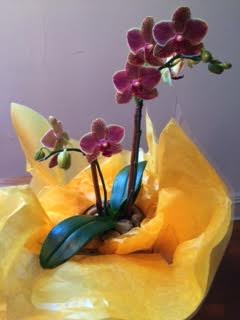Mudflats at Batam . Guy's photo. My poem. * Sun, July 17: Watched Helmi Yusof's play "My Mother Buys Condoms." A skilfully crafted play, the dialogue reminiscent of Singaporean English TV comedies. Then it sprang its "ambush," with its nice analogy between our unreasonable disgust with both elderly passion and same-sex love. Part of the Wild Rice Theater Festival at Lasalle. Wed, July 20: Singapore Unbound: the Transgressions Reading, at Booktique, with me, Ovidia Yu, Cyril Wong, and Tania De Rozario. Good turnout. Festival alums Jason Erik Lundberg and Pooja Nansi came. Other writers too, including Leong Liew Geok, Robert Yeo, Ng Yi-Sheng, and Toh Hsien Min. Thu, Jul 21: coffee with Dan Feng certainly counts as a cultural event. Great library in his place, with books on translation, politics, and philosophy, and rare Singapore books, including fake translations. Must make time to consult the last. Sat, July 23: Watched The Obs: A Singapore Story ...

